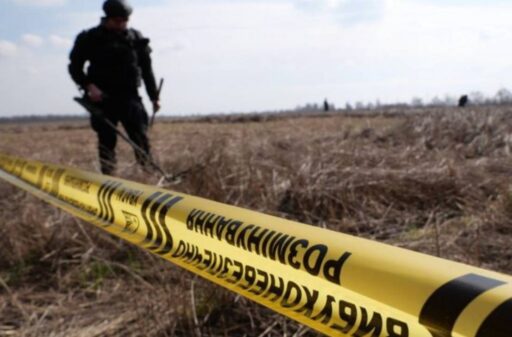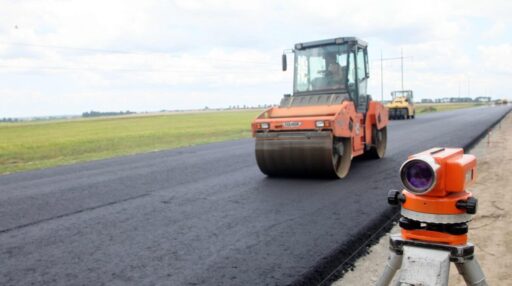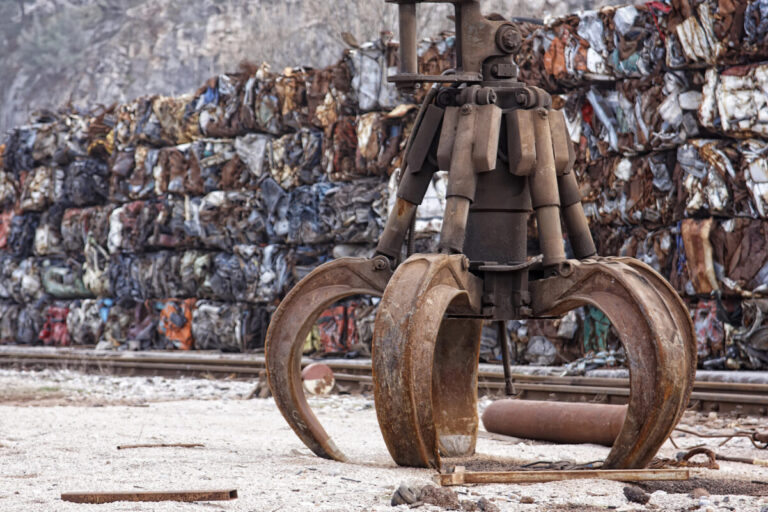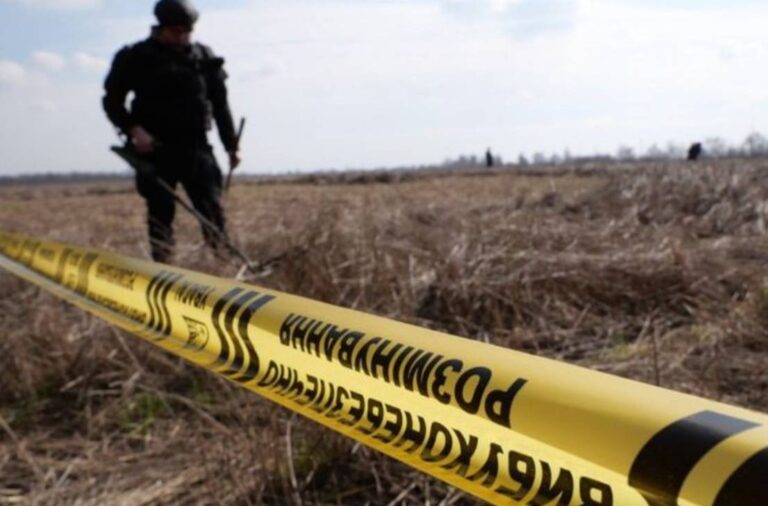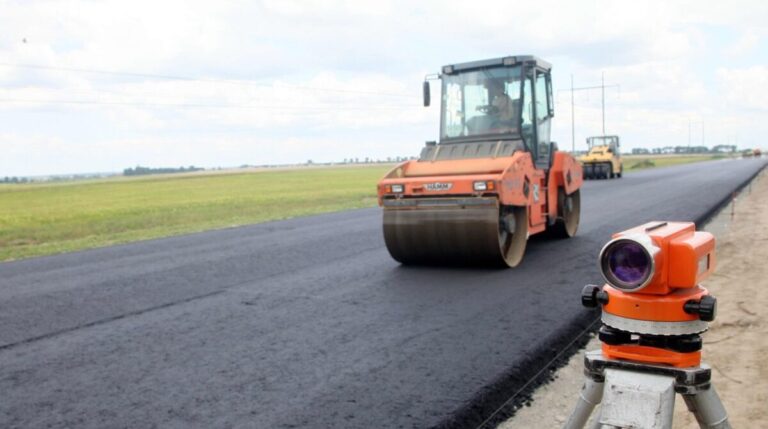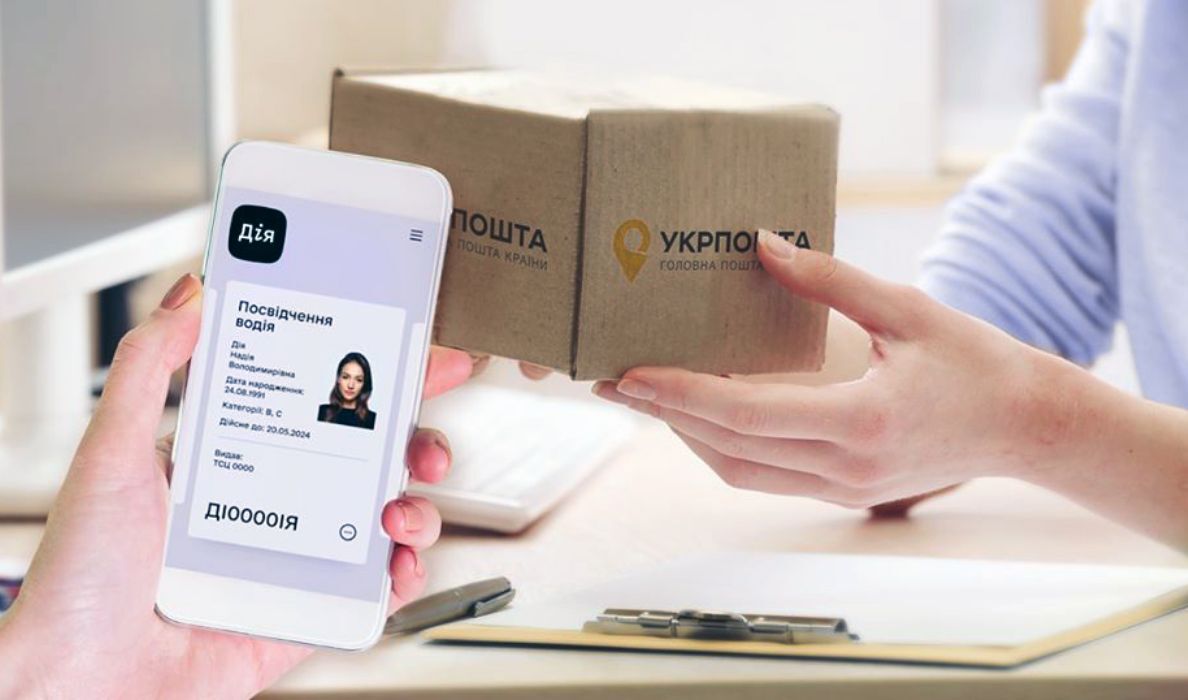
Ukrposhta introduces new cash-on-delivery limits from July 1: what small sellers need to know
Starting July 1, 2025, Ukrposhta will introduce limits on cash payouts for cash-on-delivery parcels. These changes apply to anyone regularly receiving cash through the postal service — from online sellers to informal merchants. On paper, this isn’t a tax reform. But in practice, it marks a shift: unregistered trade is being pushed out of the shadows.
What exactly is changing?
The new rules only apply to cash payouts collected in person at Ukrposhta offices. Here’s how the limits break down:
For cash at postal branches:
- No more than 10 transactions per month
- No more than 100,000 UAH total per month
For bank card transfers:
- Up to 29,999 UAH per transaction
- Up to 250,000 UAH total per month
- Up to 500 transactions monthly
The limits on bank card transfers remain in place but are far more flexible, allowing higher volumes and more frequent use.
Why now — and who initiated this?
These limits are not Ukrposhta’s own decision. They stem from Law No. 361-IX on anti-money laundering and financial transparency. The law requires financial institutions to identify potentially risky or undeclared business activity, including:
- Regular incoming payments without business registration
- Large cash sums bypassing tax oversight
- Use of postal services for informal commerce
Over the past few years, Ukrposhta has become a go-to logistics option not only for personal parcels but also for small-scale, informal online sellers operating outside the tax system.
From the state’s perspective, this is a risk:
- Revenue is undocumented
- No taxes are paid
- Transactions can’t be traced
If you’re regularly receiving large sums in cash, the logic is simple: either you’re a registered entrepreneur — or you should be.
Will this affect ordinary users?
For most personal users — no, the changes will go unnoticed. If you only sell a few items now and then through Instagram or a marketplace, you’re likely under the threshold.
But if you routinely collect cash payments from customers:
- More than 10 times a month, or
- Exceeding 100,000 UAH per month —
— you’ll need to switch to card payments, register as a sole proprietor, or stop these transactions altogether.
What happens if you exceed the limit?
The consequences are direct and increasingly automated:
- Cash payouts will be blocked beyond the set limits.
- Funds may be returned to the sender or frozen pending clarification.
- Your profile may be flagged as “high-risk”, and the information shared with regulatory bodies.
- If it becomes a pattern — expect service suspension or a tax inspection into your activity.
Revelant
What can small sellers do?
This isn’t a dead end. There are several ways to continue your business transparently:
1. Register as a sole proprietor (FOP).
This lets you operate legally, ensures uninterrupted cooperation with Ukrposhta, and gives you a protected business structure.
2. Use card transfers instead of cash.
They allow higher limits and a cleaner transaction history.
3. Set up payment processing or online checkout systems.
This is ideal for growing online businesses.
4. Stay within the monthly limits.
If you choose not to register — carefully track your volume and avoid exceeding the 10-transaction or 100k threshold.
Is this the end of cash? Not yet. But it is the start of real transparency
Ukrposhta’s restrictions are not isolated. They’re part of a broader transformation — aligning Ukraine’s financial system with EU requirements and FATF standards. And in this new reality, cash is no longer invisible.
Behind the scenes:
- AI monitors payment flows;
- Algorithms flag abnormal activity;
- Transactions are verified by source.
Old-school trade — under the radar, no receipts, no taxes — simply won’t survive under the radar much longer.
If you’re just selling a few items per month, this won’t affect you.
But if you’re running a regular business — you’re out of time to “stay informal”.
This isn’t about pressure or punishment.
It’s about a new rulebook — one where cash is traceable, and small business is either visible or vulnerable.
The sooner you adapt, the more stable and sustainable your work will be.


